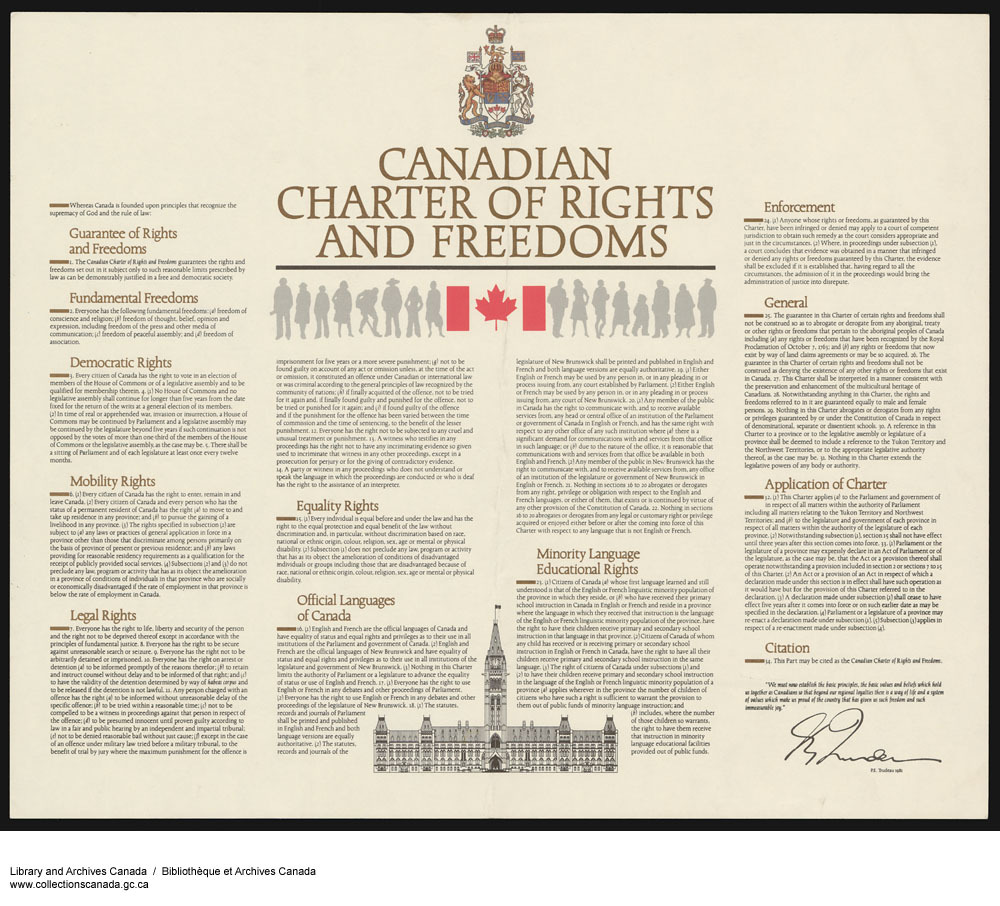 Menu
Menu
 Menu
Menu
Power concedes nothing without a demand, as the escaped slave and social reformer Frederick Douglass told us. But is all-out revolution the only way to gain power and create change?
Regardless of what causes revolution, revolution brings about massive societal change.
There are many reasons why revolutions take hold. As discussed in the section What Causes Revolution?, some theorists believe that revolutions are the result of the state being too weak to maintain authority: this weakness paves the way for revolutionaries to move in and fill the power void. Other theorists believe that revolutions happen because revolutionaries are effective organisers: they convince a critical mass of people that things have to change.
Regardless of what causes revolution, revolution brings about massive societal change. As theorist Crane Brinton says, revolutionaries champion a “program to change things, institutions, laws, not just to convert people.”
Revolutions may be completely justified. Revolutions may also be on the right side of history. However, revolutions do not always unfold in orderly and just ways. Are there other ways to change institutions and laws without engaging in an all-out revolution?
Canada is a liberal democracy. Liberal democracies have formal processes to change laws and institutions. There are even processes to change the constitution. Of course, changing laws and institutions—especially substantial change—is not always easy. But it is possible.
A vital, early step in creating change is to convince a critical mass of people that change is needed. The Charter of Rights and Freedoms guarantees our right to freedom of expression and freedom of association, within reasonable limits. In other words, so long as we are not violent or promoting hate, we are free to advocate for change and we are free to form or join groups that collectively push for that change.
Some of the tools we have include lobbying elected representatives; joining or forming a political party; creating petitions; running for public office, joining or forming public interest groups; or simply expressing your ideas in public forums. All of these are proven methods for creating change.
If efforts convince a critical mass of people that changes to our laws or institutions need to happen, then there are procedures in place to change laws and institutions.
As one example of how to create change within our constitutional framework, consider what is probably the most dramatic change in government to ever happen in Canada: the rise of the Cooperative Commonwealth Federation (CCF). While the rise of the CCF was not a full-blown revolution, it achieved many dramatic changes to our laws and institutions. Many of these changes remain in place today.
The CCF can be traced back to early left-wing politics in Canada. Several radical members of Canada’s parliament and their supporters grouped together to form a new political party in 1932, the CCF. In 1933, they wrote the Regina Manifesto that outlined their ideology:
Critique: wealth and power was concentrated in the hands of a selfish few. This left the great mass of people poor and insecure.
Ideal: replacing the capitalist system with a system without class domination and exploitation, where economic planning and genuine democratic self-government would prevail.
Means: implementing universal health care, public ownership of key industries including utilities and mass transportation, reduction of working hours, increases in social assistance, and the creation of cooperatives, to name just a few of their means to change society.
To implement these policies, the CCF presented these ideas to the people and then ran for public office. CCF members won seats in federal and provincial elections. Finally, they formed government in Saskatchewan. With a platform inspired by the Regina Manifesto, they won 53% of the vote and 47 out of 52 seats in the 1944 provincial election.
The CCF victory was not an all-out revolution. They never replaced capitalism or overturned our entire system of government. However, the CCF changed many laws and even a few institutions. And unlike so many revolutions throughout history, dramatic change was achieved without killings, persecuting street mobs, or political prisoners.

The Charter of Rights and Freedoms grants citizens the right to lobby for change.
Revolution theorist Crane Brinton did not believe that the great mass of people are the force that drives revolution. He said in Anatomy of Revolution that “the masses do not make revolutions.” Instead, Brinton believed that revolutions are coordinated by a guiding force:
This is as true of the Bolsheviks as of the Puritans and the Jacobins. Bums, hoboes, the mob, the rabble, the riffraff, may be recruited to do the street fighting and the manor burning of revolutions, but they emphatically do not make, do not run, revolutions—not even proletarian revolutions.
What this means is that when an uprising or revolt moves from a small movement of discontented people into an outright revolution, the great mass of people who support the revolution are being co-ordinated by organised groups: revolutionaries. Brinton claimed that these revolutionaries have their own ideological purpose in mind, and the revolutionaries steer the masses so that they can achieve their own goals.